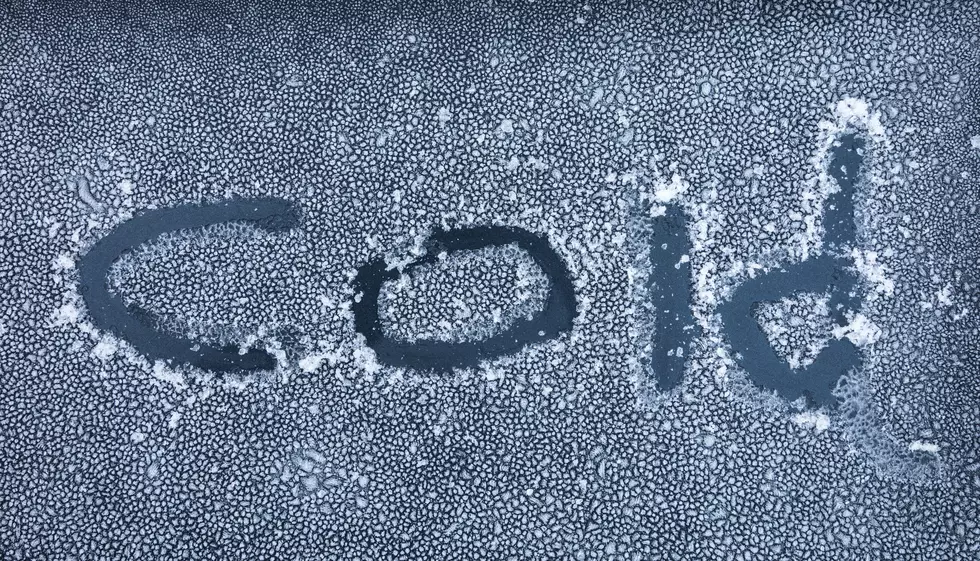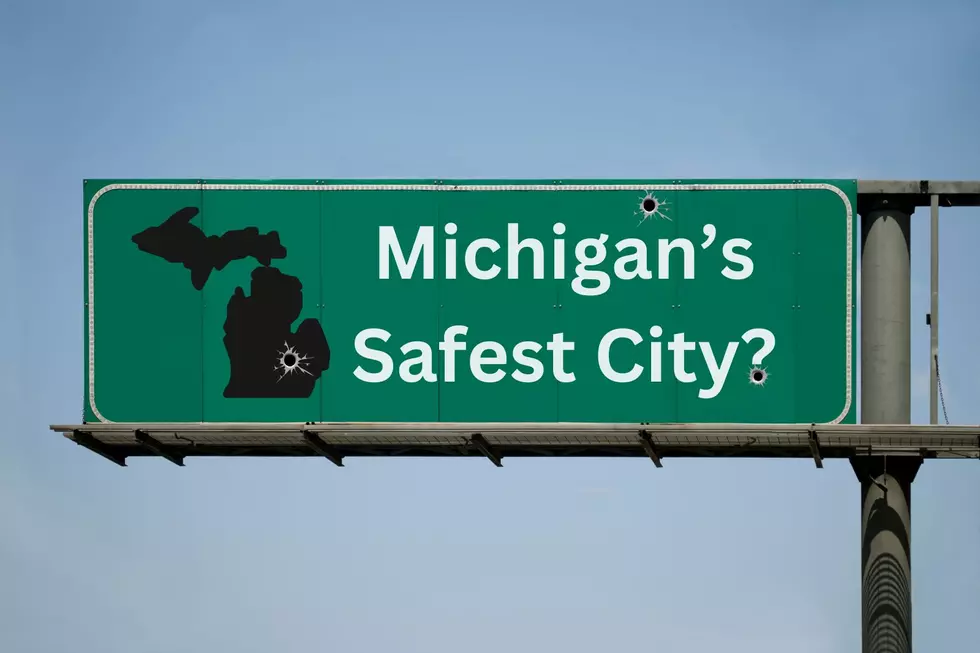
First Freeze Coming Very Soon to Your Closest Michigan City
I don't know about you but I have many flowers in the front yard and in the back yard and they're not ready to see the first freeze anytime soon.
And what about those Michiganders who have herbs and veggies still in the garden? They are very delicate when it comes to freezing temperatures.
According to mlive.com:
This first date of the autumn season when low temperatures plunge to 32 degrees or lower typically is the first death blow to our summer plants and flowers. It’s not quite as bad as a “killing freeze” of 28 degrees or lower, but it pretty much signals the end of the season for lots of our more sensitive plants.
I'm not necessarily the best person to talk to about plant life, but I do try to keep my beautiful annuals and perennials alive for as long as possible.
When you go from temperatures in the mid to upper 80's to temperatures in the low to upper 30's, that's when you have to make the move to protect your plants.
Even the Upper Peninsula is seeing a change in temperatures. Courtesy of mlive.com:
Parts of Michigan’s Upper Peninsula already have had reports of patchy frost in inland areas. And National Weather Service meteorologists in Northern Michigan have said temperatures dipping into the 30s are possible as early as Thursday in some places there.
If you would like to take a look at average first freeze dates for several of our Michigan cities, both in the Upper and Lower Peninsulas, please click on the above link so you can take a few notes as you prepare for the first freeze.
LOOK: The most expensive weather and climate disasters in recent decades
More From 99.1 WFMK






